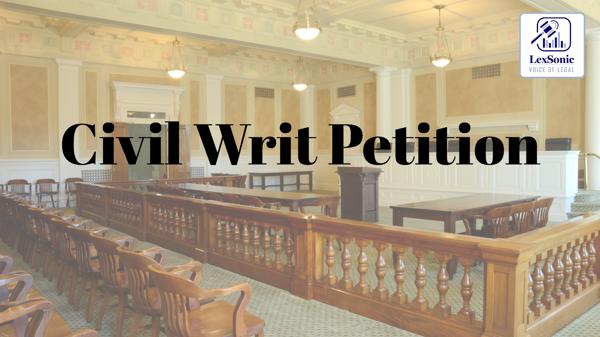The Bombay High Court has dismissed a writ petition filed by Eagle Security & Personnel Services, a sole proprietorship, challenging key provisions of the Central Goods and Services Tax (CGST) Act and related notifications. The company, represented by proprietor Veena Chittersen Sharma, sought to have Sections 17(2) and 17(3) of the CGST Act and certain notifications "read down" or set aside, arguing that they unfairly denied the company a claim for Input Tax Credit (ITC). The case was heard by the Honourable Mr. Justice M.S. Sonak and the Honourable Mr. Justice Jitendra Jain, and the judgment was delivered on August 18, 2025.
The Grievance: A Challenge to Reverse Charge
The core of the petitioner's complaint was the application of the Reverse Charge Mechanism (RCM) to security services provided by non-corporate entities. Prior to January 1, 2019, security services were taxed on a "forward charge" basis, meaning the service provider was responsible for paying the tax. However, a notification issued on December 31, 2018, shifted this liability to the recipient of the service if the supplier was not a body corporate.
The petitioner argued that this change was discriminatory, as a body corporate providing the same service would still be able to pay tax on a forward charge basis and claim ITC. The proprietor claimed that being unable to set off input tax against output tax liability resulted in a higher cost of doing business, making her services uncompetitive and violating her fundamental rights under Article 14 (right to equality) and Article 19(1)(g) (right to carry on any occupation, trade, or business) of the Constitution of India.
The petitioner also contended that the provisions ran contrary to the primary objective of the GST Act, which is to avoid the cascading effect of taxes and ensure seamless tax credit transfer.
The Court's Analysis and Conclusion
The High Court systematically analyzed the petitioner's claims, referencing the scheme of the CGST Act and established principles of judicial review for fiscal laws.
On the Challenge to Article 14:
The court rejected the argument that treating body corporates and non-corporates differently violated the right to equality. It noted that the classification is based on an "intelligible differentia" and has a "reasonable nexus with the object that the law seeks to achieve". The court cited several Supreme Court and High Court precedents, reinforcing that a "body corporate is a separate class than non-corporates". The court also highlighted that all proprietorship entities providing security services are treated identically under the notification, thereby complying with Article 14.
On the Challenge to Article 19(1)(g):
Regarding the claim that the RCM provisions made the business uncompetitive, the court held that the "issue of business competitiveness is within the field of an assessee and the business environment and has no relation whatsoever to the constitutional framework of law". The court asserted that a law cannot be struck down or "read down" simply to make a business competitive for a specific type of entity. It reiterated the principle that a taxing statute is not considered an unreasonable restriction on business freedom merely because it might diminish earnings or profits.
On the Scheme of GST and Judicial Discretion:
The judgment clarified that the benefit of ITC is available only when there is an output tax liability. Since the RCM treats the supplier's services as exempt from output tax, the supplier cannot claim ITC, a principle that aligns with the GST framework. The court explained that the reasons for applying RCM can be varied, including administrative convenience, and are best left to the Legislature and administrators, who have the expertise to make such policy decisions.
The court concluded that no case was made for declaring the provisions unconstitutional or for "reading down" the law to include proprietorship firms with body corporates. Consequently, the petition was dismissed, with no order for costs.
CENTRAL GOODS AND SERVICES TAX ACT, 2017

